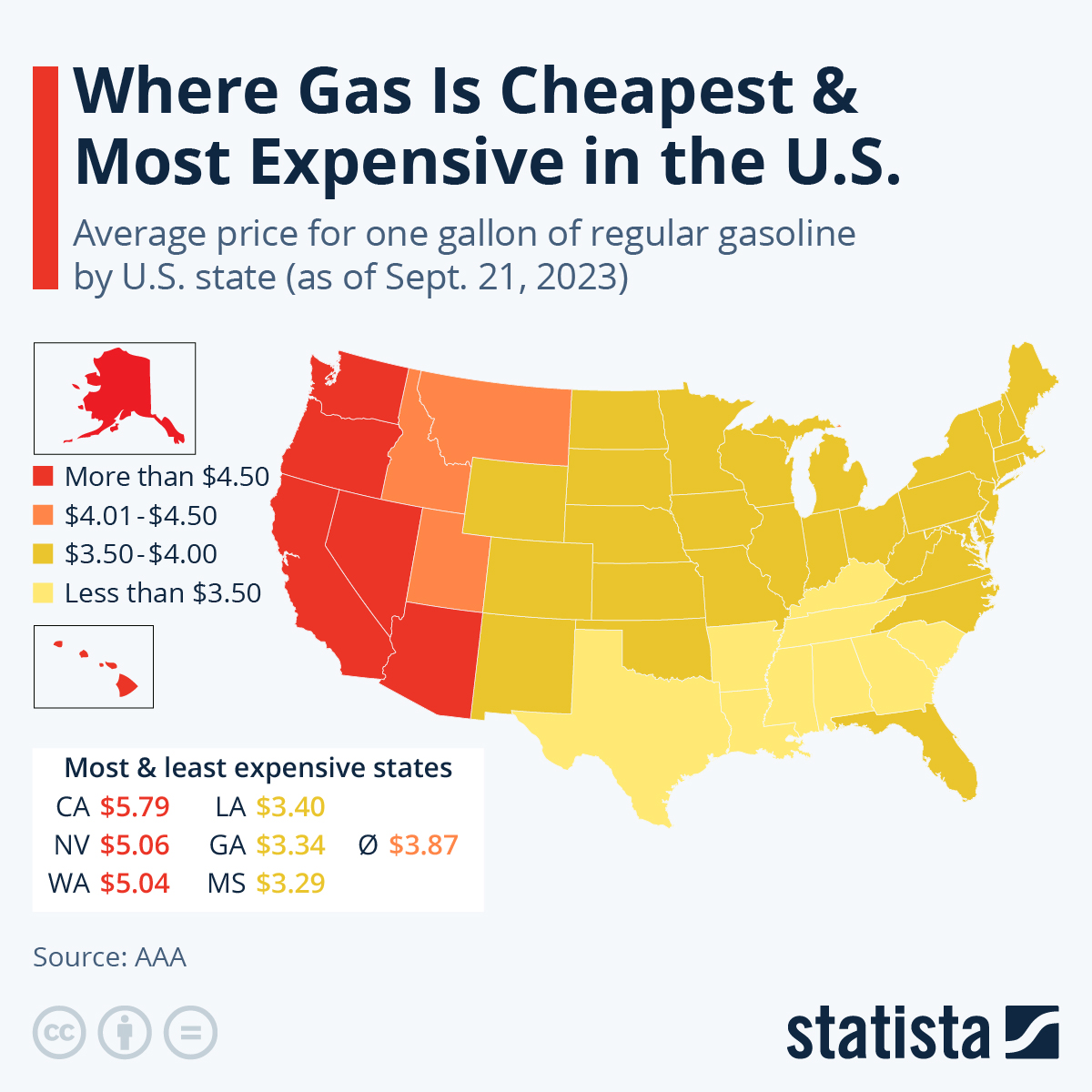Examining the Factors Influencing Oil Rate and Its Effects on Gas Oil
The cost of oil is a crucial aspect in the worldwide economy, with significant effects for different industries and consumers. Comprehending the aspects that influence oil costs and their subsequent effects on fuel oil is crucial for services and individuals alike. This analysis aims to analyze the key motorists behind oil cost fluctuations, consisting of supply and demand dynamics, geopolitical influences, and market speculation. In addition, it will certainly discover just how adjustments in oil prices impact fuel oil costs, which, consequently, have significant effects for various industries such as power, transport, and manufacturing manufacturing. By diving into this topic, we can acquire important insights into the complicated interaction in between oil prices and gas oil, making it possible for better decision-making and threat monitoring techniques.
Supply and Need Characteristics
Supply and need characteristics play an important function in determining the cost of oil and its effect on the fuel oil sector. The worldwide oil market is affected by numerous variables, including geopolitical events, financial problems, and technical improvements. Recognizing the characteristics of supply and need is vital for stakeholders in the gas oil market to properly forecast oil costs and make informed business decisions.

The supply of oil is identified by the production capabilities of oil-producing nations, consisting of OPEC members, non-OPEC countries, and shale oil manufacturers (cheapest oil prices on long island). Political instability in oil-producing areas, all-natural catastrophes, and disputes can interrupt the supply of oil, bring about price fluctuations. On the other hand, technological innovations and increased investments in expedition and production can increase supply and maintain rates
Need for oil is influenced by financial aspects such as GDP growth, industrial activity, and transport requirements. Emerging economic climates with rapidly expanding markets and enhancing urbanization add to the rising need for oil. However, variables like energy transition plans, advancements in sustainable power sources, and efficiency renovations can affect oil need adversely.
Variations in oil prices have a cascading impact on the gas oil industry, affecting production costs, earnings, and customer habits. Stakeholders in the gas oil industry very closely monitor supply and demand characteristics to expect rate movements and adapt their approaches appropriately.
Geopolitical Impacts
Geopolitical variables considerably influence the worldwide oil market and subsequently influence the rate of oil and its impacts on the gas oil sector. The oil market is very conscious geopolitical events and unpredictabilities, as they can disrupt supply chains, produce market volatility, and cause rate fluctuations. Geopolitical influences can arise from problems in oil-producing areas, political tensions between major oil-producing nations, trade conflicts, and sanctions. Any type of interruption in oil supply from the Middle East due to political instability or problems can create a significant increase in oil prices. The recent tensions between the United States and Iran have had a straight effect on oil prices, with anxieties of supply disruptions causing enhanced prices. Geopolitical aspects additionally influence investment decisions in the oil industry, as business should think about the risks associated with operating in politically unstable regions. In addition, geopolitical impacts can impact the accessibility and price of gas oil, which has ramifications for sectors that greatly count on this energy source, such as transport and manufacturing. Overall, understanding and examining geopolitical influences is important for predicting oil rate motions and their results on the fuel oil sector.
Market Supposition
Market conjecture plays a significant duty in shaping the characteristics of the oil rate and its effect on the fuel oil sector. Supposition refers to the activity of trading oil contracts with the assumption of making make money from price changes. Traders, capitalists, and banks participate in market conjecture to make use of short-term price motions. Their actions, affected by numerous variables such as economic indications, geopolitical occasions, and supply and need characteristics, can add to enhanced volatility in the oil market.
Market conjecture can have both unfavorable and positive results on the gas oil industry. On one hand, it can give liquidity and efficiency to the market by promoting cost exploration and danger monitoring. Speculators bring added capital and competence, boosting market depth and permitting smoother deals. This can benefit gas oil producers and customers by providing a much more stable and clear pricing system.
This can result in boosted price volatility, making it testing for gas oil industry individuals to intend and make educated choices. Excessive speculation can create synthetic rate bubbles, which, when they break, can have serious consequences for the gas oil sector and the wider economy.
Influence On Fuel Oil Prices
The impact Related Site of market conjecture on gas oil prices can be substantial. Market conjecture describes the purchasing and selling of fuel oil agreements based upon awaited cost movements, instead than on the real physical supply and need of the commodity. Speculators, such as hedge funds and financial investment financial institutions, play a critical role in identifying gas oil rates as they join futures trading, which can impact the general market sentiment and rates.
When speculators believe that fuel oil rates will certainly enhance, they have a tendency to purchase contracts, increasing the demand and as a result the cost of fuel oil. On the other hand, when speculators anticipate a reduction in costs, they market contracts, causing a decrease in demand and consequently lower gas oil rates.
The influence of market speculation on fuel oil rates can be both negative and favorable. On one hand, it can supply liquidity and assistance maintain the marketplace by allowing manufacturers and customers to hedge versus price fluctuations. On the other hand, extreme speculation can lead to rate volatility and distortions, which can have negative impacts on fuel oil costs and the general economic situation.
It is necessary for policymakers and market regulatory authorities to manage and keep an eye on market speculation to guarantee that it does not end up being excessive and destabilize fuel oil costs. By implementing reliable laws go to this web-site and oversight, authorities can mitigate the possible negative effects of market speculation and preserve stability in fuel oil costs.
Impacts on Industries and Consumers
When oil rates rise, markets that depend greatly on fuel oil for their procedures, such as manufacturing, transportation, and farming, experience enhanced production prices. Increasing gas oil rates can result in raised transport costs, leading to higher costs for items that require to be moved long distances.
Moreover, higher fuel oil prices can additionally impact customer actions. As the expense of gas surges, customers may have to allocate even more of their budget plan towards transport expenditures, leaving much less cash for various other acquisitions. This can cause a decrease in discretionary investing and a downturn in consumer-driven markets such as retail and friendliness.
On the various other hand, when fuel oil prices decrease, industries may profit from lower manufacturing costs, resulting in potential cost savings that can be handed down to customers. cod oil prices long island. Reduced fuel rates can likewise promote customer investing, as people have more disposable revenue to assign towards various other products and solutions
Verdict
Finally, the price of oil is influenced by numerous factors such as supply and demand characteristics, geopolitical influences, and market More about the author conjecture. These elements have substantial effects on fuel oil rates, which in turn impact different markets and customers. Comprehending these impacts is essential for customers, services, and policymakers to navigate the changes in oil prices and mitigate their results on the economy.

Market supposition plays a significant duty in shaping the dynamics of the oil price and its impact on the fuel oil market. When oil prices increase, markets that depend heavily on fuel oil for their procedures, such as transportation, agriculture, and manufacturing, experience increased production prices.